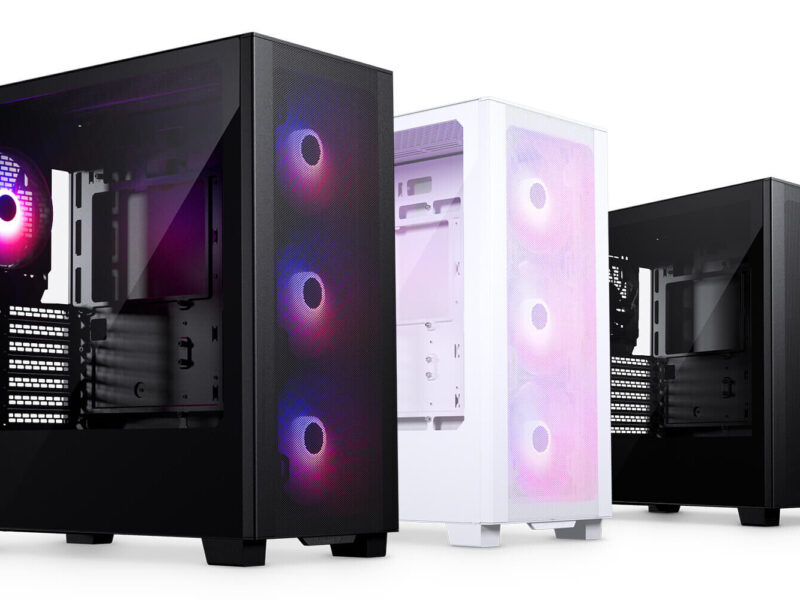Today, the US Federal Trade Comission sued Nvidia to block their $40 Billion Dollar acquisition of chip designer, ARM. The purchase was originally announced in September of 2020. Nvidia’s reason was to develop a new AI-focused R&D center in ARM’s Cambridge headquarters. After this announcement, several countries joined to investigate their purchase.
The reason for this lawsuit was that the company, after the purchase of ARM, would have too much control over current technologies and would stagnate existing competition. Resulting in higher prices, less innovation and lower product quality. This would harm the market severely.
It is also mentioned in the lawsuit, that the merge will result in Nvidia having access to sensitive information about ARM’s licenses, some of which, are Nvidia’s rivals. This would result in ARM no longer pursuing innovations due to them conflicting with Nvidia’s own.
The complaint says the purchase will harm three worldwide markets:
– High-Level Advanced Driver Assistance Systems for passenger cars. These systems offer computer-assisted driving functions, such as automated lane changing, lane keeping, highway entrance and exit, and collision prevention;
– DPU SmartNICs, which are advanced networking products used to increase the security and efficiency of datacenter servers; and
– Arm-Based CPUs for Cloud Computing Service Providers. These new and emerging products leverage Arm’s technology to meet the performance, power efficiency, and customizability needs of modern datacenters that provide cloud computing services. “Cloud computing” refers to the increasingly popular computing business model in which large datacenter operators provide computing services remotely and/or directly offer computing resources for rent, as well as provide other support services to customers who can then run applications, host websites, or perform other computing tasks on the remote servers—i.e., “the cloud.”
The desicion for the lawsuit was unanimous, with the vote to issue the complaint being 4-0 against it. The trial to determine the final outcome will begin on August 9, 2022.

